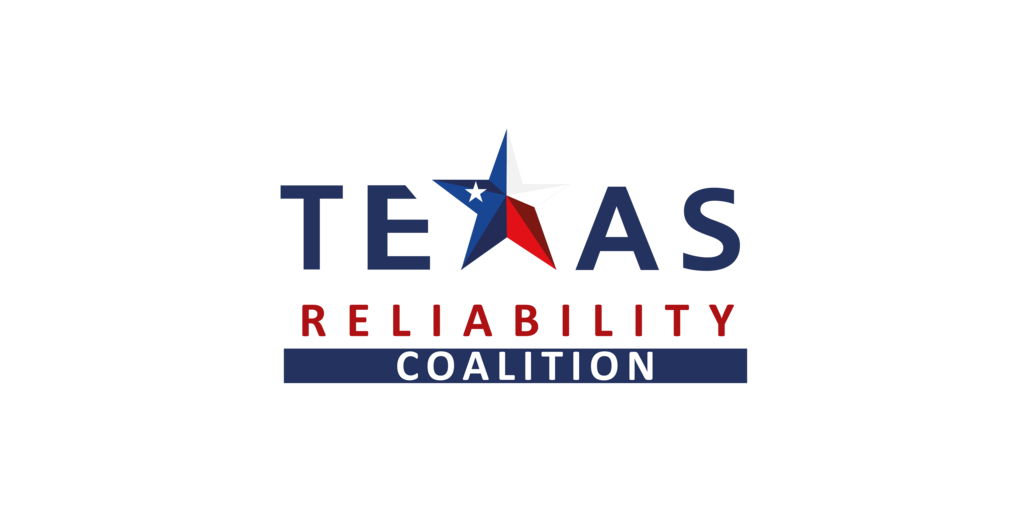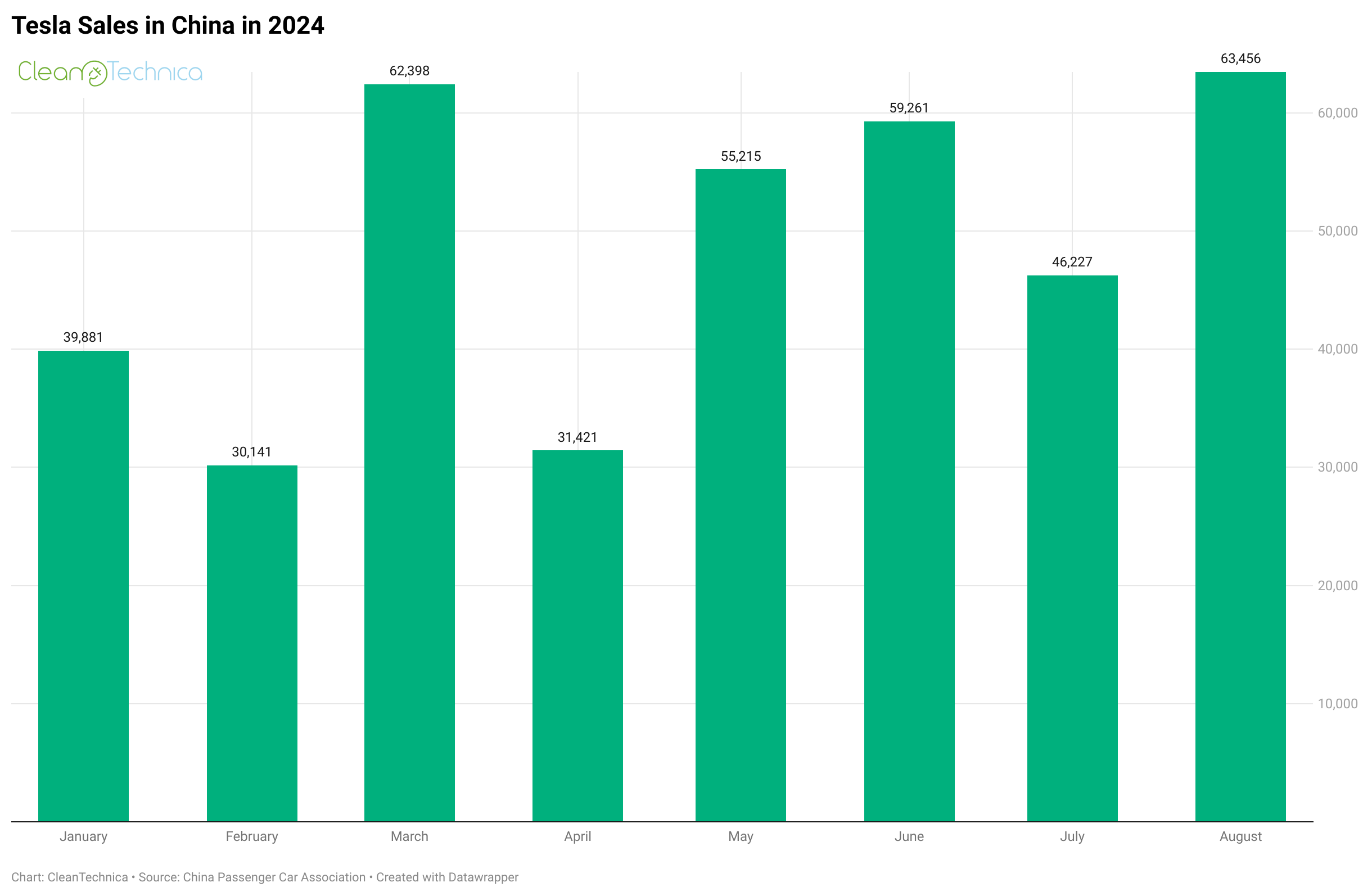Latest round in Kenya ends in deadlocked negotiations
Nations wrapped up on Sunday a third round of talks in Kenya as part of a five-meeting schedule to hammer out a draft of a treaty to end global plastic pollution.
“So, yes, things are more complicated for the host country.”
Delegates said the draft treaty text became longer and more difficult to advance at the week-long talks in Kenya. States also failed to reach a consensus on the work to be done on the draft before the next round in Ottawa.
‘Up their game’
“Canada and other high-ambition countries will need to up their game as we head to Ottawa in April in order move toward an effective and workable treaty,” said Wirsig.
Canada is part of a “high ambition” coalition of countries, led by Rwanda and Norway, that has called for measures to reduce production to “sustainable levels” and for legally binding global rules to end all plastic pollution by 2040.
“When the negotiations resume in Canada in April 2024, our leaders must be ready to show a level of courage and leadership we have yet to see,” said Graham Forbes.
Global plastic waste is set to nearly triple by 2060 without action, according to the Organization for Economic Co-operation and Development. Made from oil and other fossil fuels, plastics also account for an estimated 3.4 per cent of global greenhouse-gas emissions.
Less than one-tenth of plastic is recycled, including in Canada, and scientists believe about nine million tonnes ends up in the ocean every year. Canadians produce about 2.9 million tonnes of plastic waste each year that isn’t recycled or incinerated.
Focus on pollution
Isabelle Des Chenes, executive vice-president of the industry group Chemistry Industry Association of Canada, said “all eyes will be on Canada” come the next round of talks.
“We feel that the agreement should really focus on ending plastic pollution and not plastic production. Implementing production caps can really restrict the availability of plastics for other applications,” said Des Chenes, speaking from Kenya last week.
“So really important to ensure that we’re focused on creating capacity and ability to manage the end of life of plastics.”
Miriam Diamond, professor of Earth science at the University of Toronto, says overproduction leading to mismanagement is the major driver of plastic pollution.
Canada’s Environment and Climate Change Minister Steven Guilbeault has previously indicated he is not opposed to production limits, but said eliminating pollution means using plastic more carefully, not eliminating its use altogether. His office did not immediately respond to a request for comment.
Plastics ban headwinds
Environmental groups have pushed Guilbeault to offer clear support for a treaty with production scale-down targets. Greenpeace has argued for a treaty that would aim to reduce production by 75 per cent by 2040.
“They’re sort of holding out in terms of where they’re going to be on some of the key control measures around reducing plastic production,” said Forbes, the Greenpeace delegation head.
A strong treaty could help give not only Canada, but other countries still mulling plastics regulations, more legitimacy to take aggressive action, said Wirsig, of Environmental Defence.
“Where Canada may have been leading or on the leading edge with being so far out front of the treaty, now the treaty might help Canada finish the job,” she said.
– With files from the Associated Press
Share This:




